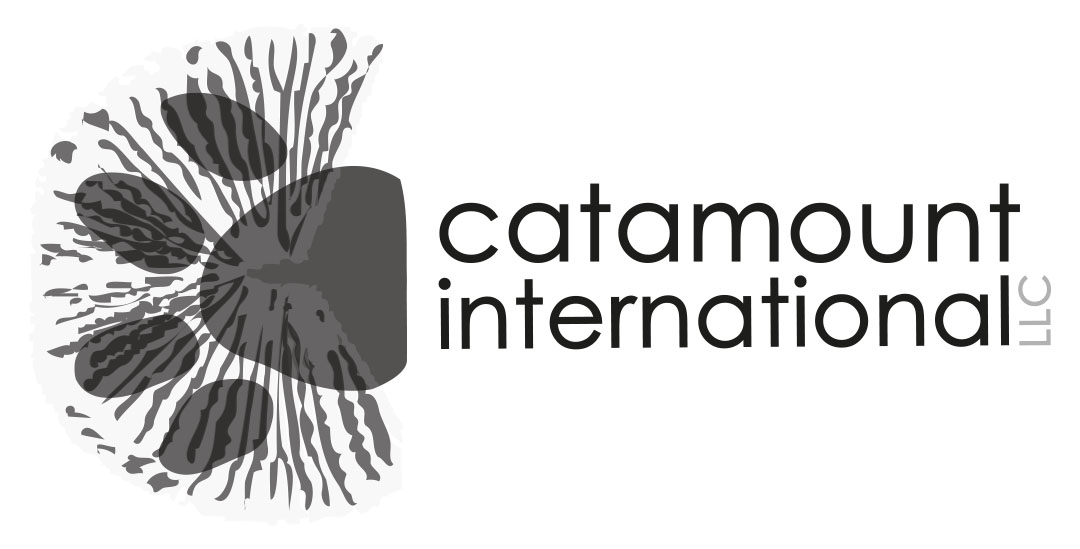Money for Mayhem
Breve Descripción
El libro sigue a contratistas de seguridad privados que asumen misiones en diferentes países con una variedad de desafíos. Los datos de primera mano y el conocimiento íntimo de los actores involucrados en el mercado de fuerza permiten una narrativa plenamente fundamentada con aportes personales. El libro revela específicamente el riesgo que representan los mercenarios que no rinden cuentas al aumentar el umbral del conflicto, la amenaza a las fuerzas militares tradicionales, la corrupción en los círculos políticos y la creciente amenaza de conflictos por poderes en la rivalidad de Estados Unidos con China y Rusia.
Breve descrição
O livro acompanha empreiteiros de segurança privada que assumem missões em diferentes países com diversos desafios. Os dados em primeira mão e o conhecimento íntimo dos intervenientes envolvidos no mercado de força permitem uma narrativa totalmente informada com contribuições pessoais. O livro revela especificamente o risco representado por mercenários irresponsáveis ao aumentar o limiar do conflito, a ameaça às forças militares tradicionais, a corrupção nos círculos políticos e a crescente ameaça de conflitos por procuração na rivalidade dos Estados Unidos com a China e a Rússia.
Full description
Gazes into the crystal ball to forecast what the future of war looks like in a world dominated by private armies.
The way war is waged is evolving quickly—igniting the rapid rise of private military contractors who offer military-style services as part of their core business model. When private actors take up state security, their incentives are not to end war and conflict but to manage the threat only enough to remain relevant. Arduino unpacks the tradeoffs involved when conflict is increasingly waged by professional outfits that thrive on chaos rather than national armies. This book charts the rise of private military actors from Russia, China, and the Middle East using primary source data, in-person interviews, and field research amongst operations in conflict zones around the world. Individual stories narrated by mercenaries, military trainers, security entrepreneurs, hackers, and drone pilots are used to introduce themes throughout. Arduino concludes by considering today’s trajectories in the deployment of mercenaries by states, corporations, or even terrorist organizations and what it will mean for the future of conflict.
The book follows private security contractors that take on missions in different countries with a variety of challenges. First-hand data and intimate knowledge of the actors involved in the market for force allow a fully grounded narrative with personal input. Through this prism, readers will gain a better understanding of the human, security, and political risks that are part of this industry. The book specifically reveals the risk that unaccountable mercenaries pose in increasing the threshold for conflict, the threat to traditional military forces, the corruption in political circles, and the rising threat of proxy conflicts in the US rivalry with China and Russia.
Technical Professional & Applied Sciences
otras áreas de / interés...
other areas of / interest...
outras áreas de interesse...
¿Buscas un título en un área específica?
¿Buscas un título en un área específica?
¿Procurando livros em uma área específica?














